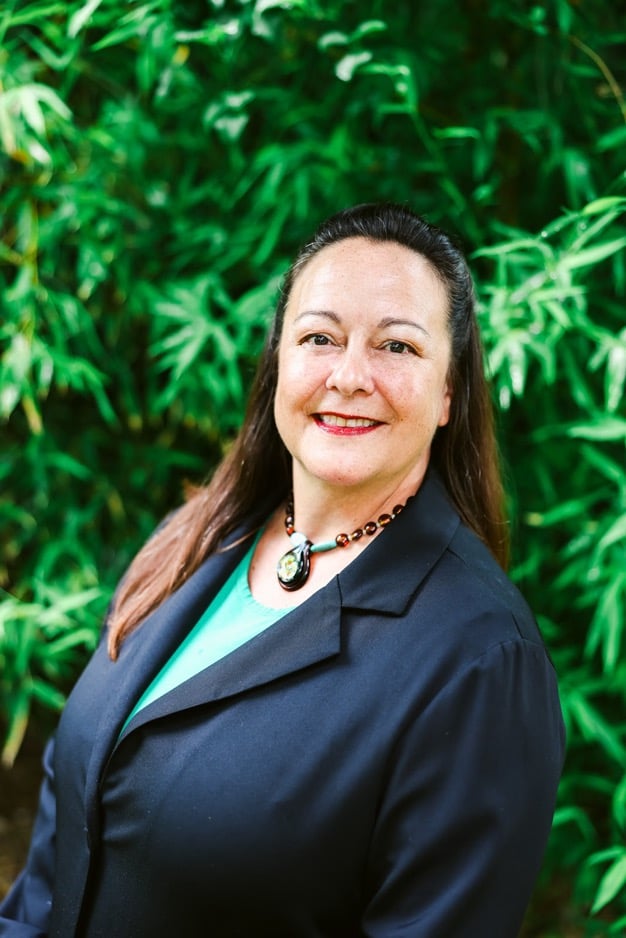Poetry: A Map to Remembrance
Amid life’s noise, poetry offers clarity. Lisa O’Nan reflects on how poetry helps her stay grounded and navigate challenges with renewed grace and clarity.

Credit: Medea83 / iStock
Share
January 15, 2025
Amid life’s noise, poetry offers clarity. Lisa O’Nan reflects on how poetry helps her stay grounded and navigate challenges with renewed grace and clarity.
Share
Some people have songs mysteriously sneak into their minds and run on repeat. For me it’s poetry. Years ago, when my dad was dying, I walked away and found a quiet spot to write. I remember wanting to jot down my own words, but all my pen would say was “Do not go gentle into that good night” over and over again. Last week, after my husband ate the Chick-fil-A nuggets I was saving for my daughter’s lunch the next day, I sent him a version of William Carlos Williams’ poem, “This Is Just to Say,” to pass along to her.
I have eaten
the Chick-fil-A nuggets
that were in
the iceboxand which
you were probably
saving
for lunchForgive me
they were delicious
so satisfying
even cold
A few days ago, when I actually made it to church, the poinsettias made me uncomfortable. Suddenly, I understood Sylvia Plath’s line, “The tulips are too excitable, it is winter here.” I only wanted to sit “with my hands turned up and be utterly empty,” but the poinsettias were making too much noise.
Subsequently, yesterday at the mall, in the midst of the holiday hustle and bustle, William Wordsworth’s poem rang through my head like sleigh bells:
The world is too much with us; late and soon,
Getting and spending, we lay waste our powers;—
Little we see in Nature that is ours;
We have given our hearts away, a sordid boon!
How very true. Not that I am a smug, anti-commercialism snob. I mean, I was in the midst as well. I was getting and spending as well, but I felt like an imposter playing a part without a script, navigating the seamlessly endless choices, truly dictated by my pocketbook and pressure to get something, just one more gift. Where were my powers? Had I given my heart away?
When “the world is too much with us,” what can we do? How do we quiet the noise, slide Atlas off our shoulders, and ever so slightly put down the juggling balls one … by … one?
I don’t know.
To tell you the truth, I’ve already dropped a few balls. I should have contacted a few students’ parents earlier in the year. I’ve been ignoring my principal’s request for a formal pre-evaluation meeting. “This Is Just to Say” that the end of the semester is survival mode. Dragging some of my high school seniors closer to the finish line can be exhausting. Triple checking my gradebook to make sure I’ve properly evaluated them, that my evidence-based grading is authentic and valid, requires a lot of mental power. I am still learning the ways of nontraditional grading.
What if, instead, we look at this new year, not as a laundry list of resolutions, not as a fresh start, not as a new beginning, but as a chance to remember who we already are?
It was in this survival mode when that final fire torch and its hurling blaze of heat was thrown at us: The School Report Cards. Yes, I’ve made my eyes burn looking through the school report cards, comparing my school to others, curious how some managed to score so highly in one area but not the other, noticing that “chronic absenteeism” is prevalent, and wondering, how much can I actually do in my classroom to make a dent in any of this? Why am I even here?
Why? That is it. I must remember my why. We must remember our whys. Joy Harjo is right in that “our forgetfulness stalks us, walks the earth behind us, leaving a trail of paper diapers, needles, and wasted blood.” Our forgetfulness allows the noise to creep in and drown out our inner voices. We must make our own maps to the center, or perhaps, dust off the ones already made. For me, nature is my cartographer. I must learn to listen to her more, to open my “whole self/To sky, to earth,/to sun, to moon.”
I am not a life coach. I am not an expert in the ways of self-care. Self-care is a Band-Aid, and while very necessary and important along the way of self-discovery or rediscovery, I see it as just another ball to try and juggle. What if, instead, we look at this new year, not as a laundry list of resolutions, not as a fresh start, not as a new beginning, but as a chance to remember who we already are? I know the “daily dark” of reality will still permeate our teaching lives. I know who we are may be incongruous with what’s expected, but hopefully, truly knowing our why can help us set boundaries, give ourselves grace, and help us not get lost in a world that is “too much.”
Harjo, Joy. “A Map to the Next World.” Poetry Foundation, www.poetryfoundation.org/poems/49621/a-map-to-the-next-world. Accessed Dec. 28, 2024.
Harjo, Joy. “Eagle Poem.” Academy of American Poets, poets.org/poem/eagle-poem. Accessed Dec. 28, 2024.
Plath, Sylvia. “Tulips.” Poetry Foundation, www.poetryfoundation.org/poems/49013/tulips-56d22ab68fdd0. Accessed Dec. 28, 2024.
Thomas, Dylan. “Do Not Go Gentle into That Good Night.” Poets.Org, Academy of American Poets, Oct. 11, 2022, poets.org/poem/do-not-go-gentle-good-night.
Williams, William Carlos. “This Is Just to Say.” Poetry Foundation, www.poetryfoundation.org/poems/56159/this-is-just-to-say. Accessed Dec. 28, 2024.
Wordsworth, William. “The World Is Too Much with Us.” Poetry Foundation, www.poetryfoundation.org/poems/45564/the-world-is-too-much-with-us. Accessed 28 Dec. 2024.
For educators and guardians looking to inspire their students and children with the beauty of poetry, this collection offers a comprehensive toolkit to make poetry accessible and enjoyable, ensuring that each lesson not only educates but also captivates the imagination.
Want to see more stories like this one? Subscribe to the SML e-newsletter!
